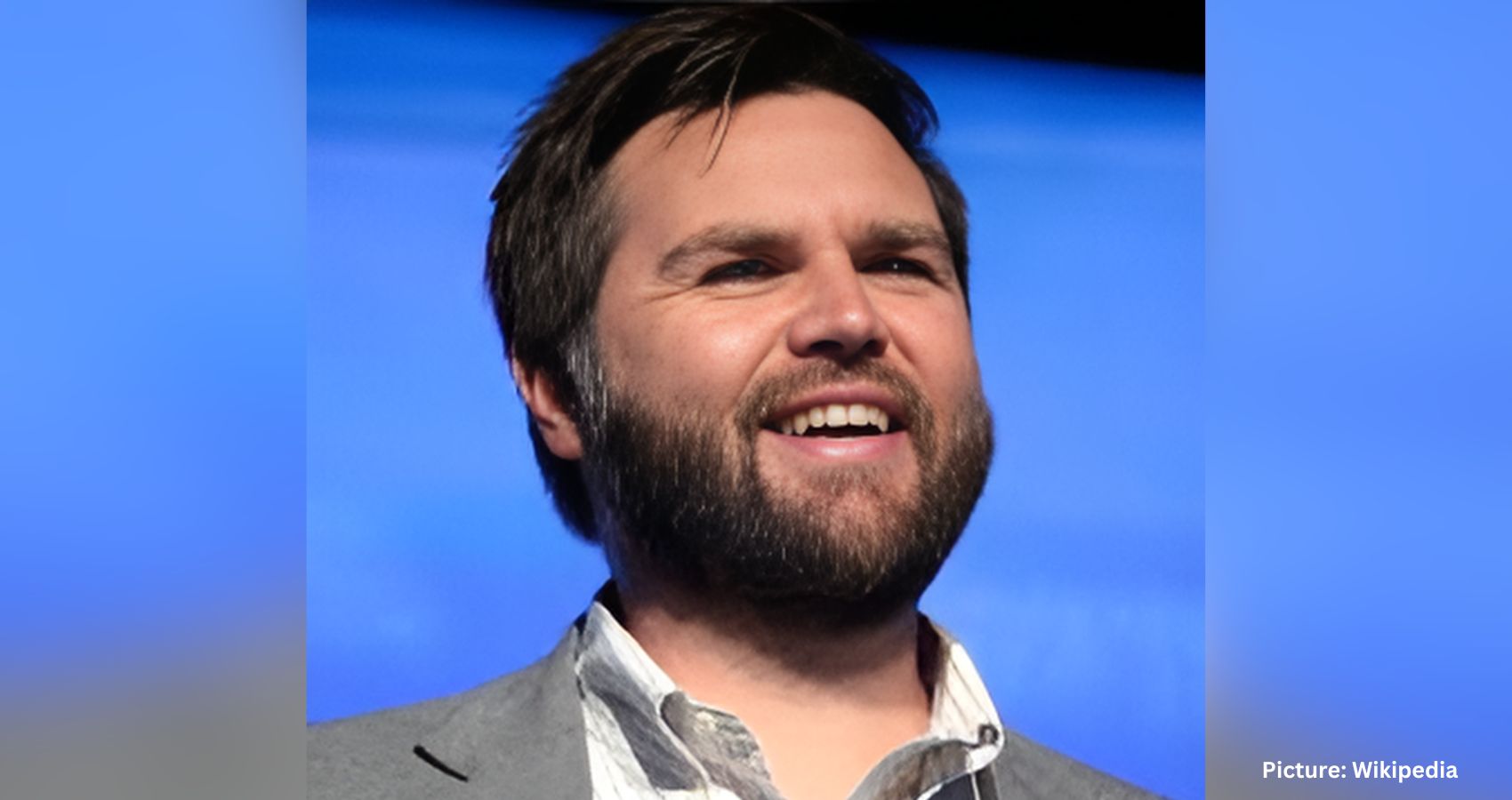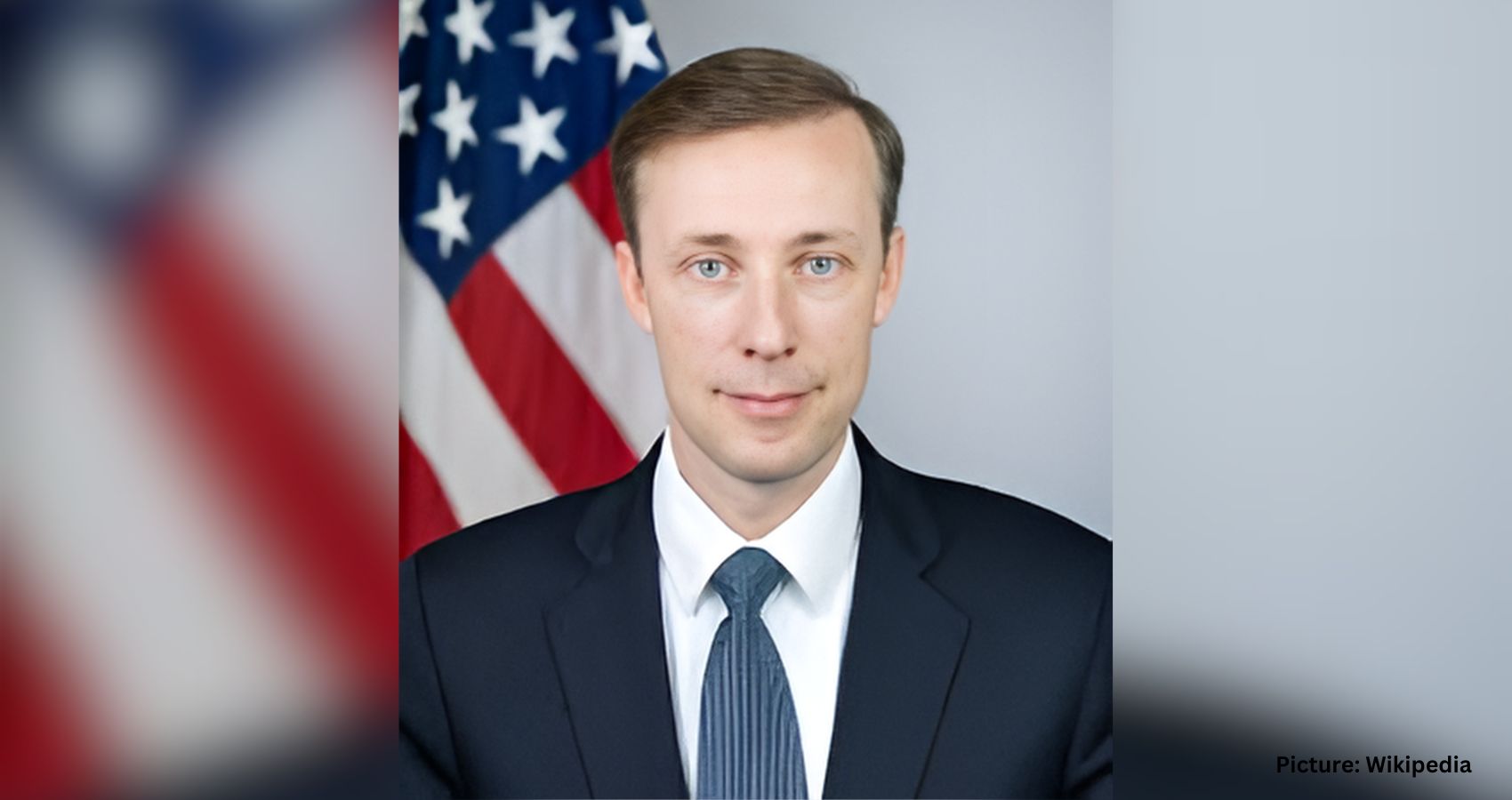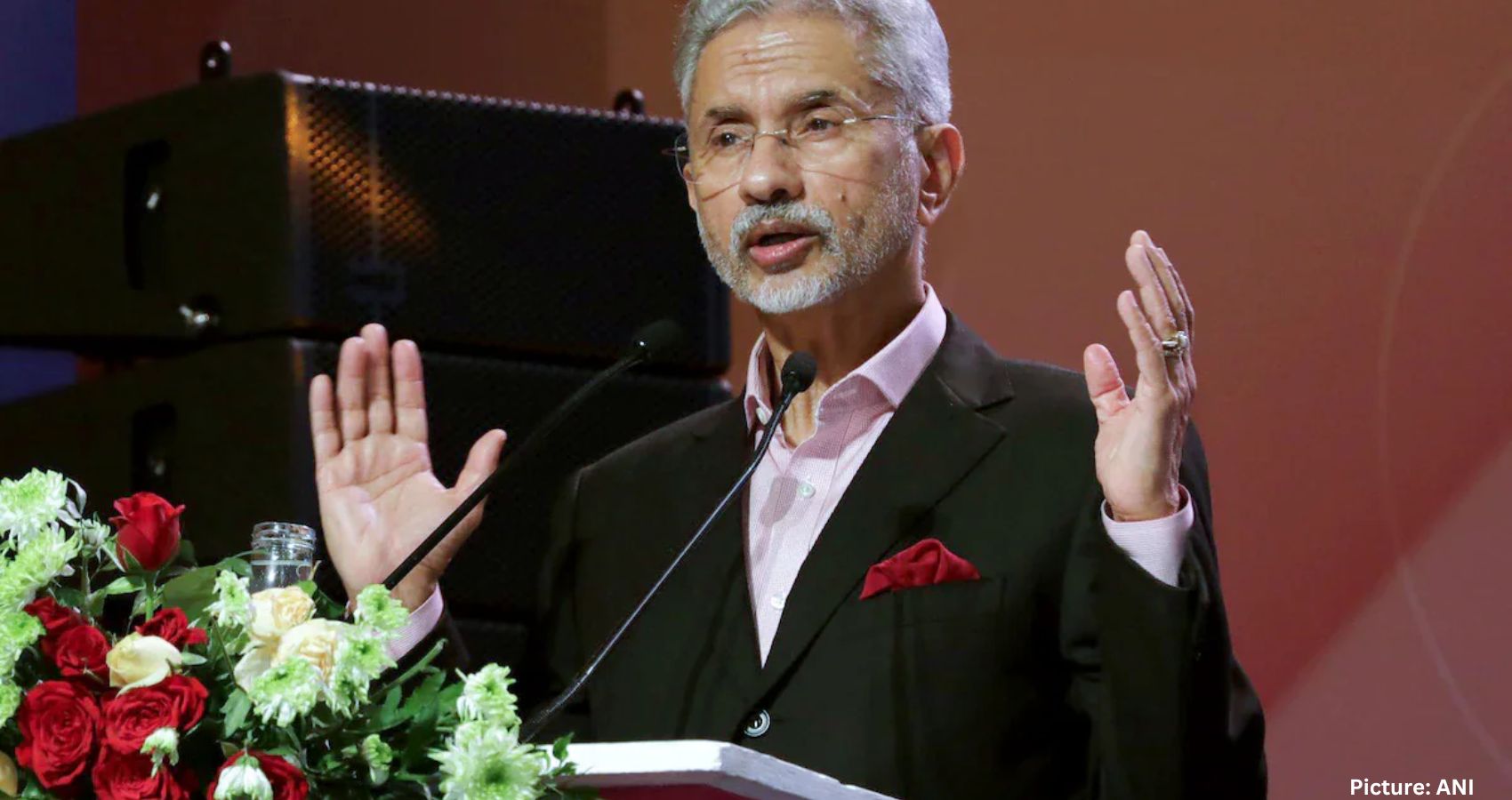*****************************
Tag: USIndiaRelations
US National Security Advisor Jake Sullivan Visits India to Strengthen Strategic Tech Partnership and Enhance Indo-Pacific Security
As the world’s two oldest and largest democracies, the United States and India share a unique friendship, and National Security Advisor Jake Sullivan’s recent visit aims to strengthen this partnership, creating a safer and more prosperous Indo-Pacific, according to the White House.
Sullivan visited New Delhi from June 17 to 18, marking the first trip to India by a senior official from the Biden administration since Prime Minister Narendra Modi’s government secured its third term. During his visit, Sullivan met with Prime Minister Modi and his Indian counterpart, Ajit Doval, on Monday.
John Kirby, White House National Security Communications Advisor, highlighted the significance of the visit during his daily news conference on Monday. “As the world’s two oldest and largest democracies, the United States and India share a unique bond of friendship, and Mr. Sullivan’s trip will further deepen the already strong US-India partnership to create a safer and more prosperous Indo-Pacific,” Kirby stated.
In New Delhi, Sullivan will co-chair the US-India Initiative on Critical and Emerging Technology (iCET), a landmark partnership aimed at expanding strategic cooperation across key technology sectors. These sectors include space, semiconductors, advanced telecommunications, artificial intelligence, quantum technology, biotechnology, and clean energy.
Kirby refrained from commenting on the case of Indian national Nikhil Gupta, who has been accused of being involved in a murder-for-hire plot against Khalistani separatist Gurpatwant Singh Pannun on American soil. Gupta has been extradited to the US from the Czech Republic. “I don’t have more to add on the conversations that Jake’s having. He’s still over there having these conversations. But the main focus of his visit, as I said, was to look for ways to deepen the US-India bilateral relationship, particularly when it comes to emerging technology,” Kirby remarked.
Gupta appeared before a federal court in New York on Monday, where he pleaded not guilty. India has publicly stated that a high-level inquiry is examining the evidence shared by the US regarding the alleged plot to kill Pannun.
Sullivan’s visit underscores the importance of US-India relations, especially in the context of technological advancements and strategic cooperation. The iCET initiative represents a significant step in this direction, aiming to bolster collaboration in critical and emerging technologies that are pivotal for both nations’ security and prosperity.
The partnership between the US and India is built on shared democratic values and a commitment to a free and open Indo-Pacific region. Sullivan’s visit is expected to enhance this partnership, fostering greater cooperation in areas that are crucial for global security and economic growth.
The discussions during Sullivan’s visit are likely to cover a wide range of topics, including defense cooperation, trade relations, and regional security issues. Both countries are keen to address common challenges and leverage their strengths to promote stability and development in the Indo-Pacific region.
The US-India relationship has seen significant growth in recent years, with increased collaboration in various fields, including defense, trade, and technology. Sullivan’s visit is seen as a continuation of this positive trend, aiming to further strengthen the ties between the two nations.
In addition to his meetings with Modi and Doval, Sullivan is expected to engage with other Indian officials and business leaders to discuss opportunities for collaboration and investment. The focus will be on identifying areas where the US and India can work together to achieve mutual benefits and address global challenges.
The iCET initiative is a prime example of the strategic cooperation between the US and India, highlighting the importance of technological innovation in driving economic growth and enhancing national security. By working together on critical technologies, both countries can ensure their continued leadership in these fields and contribute to global progress.
Sullivan’s visit also reflects the Biden administration’s commitment to strengthening alliances and partnerships in the Indo-Pacific region. The US sees India as a key partner in its efforts to maintain a balance of power and promote stability in the region. The visit aims to reinforce this partnership and explore new avenues for cooperation.
Overall, Sullivan’s visit to India is a significant milestone in the US-India relationship, emphasizing the importance of strategic cooperation in critical and emerging technologies. It is expected to pave the way for deeper collaboration and stronger ties between the two democracies, contributing to a safer and more prosperous Indo-Pacific region.
The discussions and outcomes of Sullivan’s visit will likely shape the future trajectory of US-India relations, with both countries poised to benefit from enhanced cooperation and shared goals. The focus on emerging technologies and strategic sectors underscores the forward-looking nature of the partnership, aimed at addressing contemporary challenges and harnessing new opportunities.
Sullivan’s visit to India marks an important step in the ongoing efforts to deepen the US-India partnership. With a focus on critical and emerging technologies, the visit is expected to yield positive outcomes for both nations, fostering greater cooperation and contributing to regional and global stability. The strong bond of friendship between the US and India continues to serve as a foundation for this partnership, driving progress and prosperity in the Indo-Pacific and beyond.
Transformation in India-US Relations: A Shift Towards Equality and Collaboration
In a significant revelation, External Affairs Minister (EAM) S Jaishankar emphasized a perceptible change in the way America perceives India today, highlighting that the two countries now engage on a more equal footing. Speaking at the Manthan: Townhall meeting in Nagpur, Maharashtra, Jaishankar shared his observations from the visit to the United States in June, accompanying Prime Minister Modi.
“Last June, when I went to the US with PM Modi, I felt there is a difference in the way in which America views India today. The level of how we deal with each other is more equal,” noted Jaishankar during the townhall meeting.
This shift in dynamics, according to Jaishankar, is underpinned by the acknowledgment of India’s crucial role in the global technology landscape. Furthermore, he highlighted the evolving enthusiasm among American businesses for India, signifying a positive change in bilateral interactions.
“The level of how we deal with each other is more equal,” reiterated Jaishankar, emphasizing the growing parity between the two nations.
On the historical context of India-US relations, Jaishankar remarked on the transformation from a challenging and somewhat negative relationship post-Independence in 1947. He credited the beginning of this shift to Atal Bihari Vajpayee’s tenure as the Indian Prime Minister, particularly citing the nuclear deal as a pivotal moment.
Speaking on India-US relations, he said: “What was a very difficult, almost negative relationship from 1947 till the next 50 years, started changing under Atal ji and the change continued thereafter. We saw the nuclear deal.”
Atal Bihari Vajpayee, serving three terms as the Indian Prime Minister, played a crucial role in reshaping the narrative, with a notable period from 1998 to 2004.
The Indo-US nuclear agreement, initiated in July 2005 during Prime Minister Manmohan Singh’s visit to the US, focused on non-proliferation of weapons of mass destruction. This agreement laid the foundation for enhanced cooperation between the two nations in subsequent years.
The recent statements by President Joe Biden underscore the significance of the friendship between the United States and India, deeming it among the most consequential globally. The two countries have signed several major deals aimed at elevating their strategic technology partnership.
Earlier, the United States expressed support for India’s emergence as a leading global power and a vital partner in promoting a peaceful, stable, and prosperous Indo-Pacific region. The US-India relationship is characterized as one of the most strategic and consequential of the 21st century, according to a fact sheet released by the US State Department.
Key highlights from the fact sheet include the establishment of strong defense industrial cooperation, with a focus on co-development and co-production of essential military capabilities for both countries. In a significant move in 2023, the US approved a groundbreaking manufacturing license for the co-production of GE F414 engines in India.
Furthermore, both nations launched an educational series aimed at preparing startups and young innovators to contribute to the defense industries in both countries. Cooperation extends to the bilateral US-India Counterterrorism Joint Working Group and the Defence Policy Group, as outlined in the fact sheet.
The United States and India share a common vision for deploying clean energy at scale, evident in both countries’ ambitious 2030 targets for climate action and clean energy. Exploring avenues for increased mineral security cooperation, they aim to advance their clean energy goals through initiatives like the Minerals Security Partnership.
Collaboration extends to the Strategic Clean Energy Partnership and the Climate Action and Finance Mobilisation Dialogue. India’s signing of the Artemis Accords in June signals a common vision for the future of space exploration for the benefit of humanity, as stated by the US State Department.
Multilateral cooperation is evident in their engagement through various organizations and fora, including the United Nations, G20, Association of Southeast Asian Nations (ASEAN)-related fora, International Monetary Fund, World Bank, and World Trade Organization.
“The vibrant people-to-people ties between our countries are a tremendous source of strength for the strategic partnership,” states the fact sheet. Highlighting the Indian community of over 4 million in the United States as a vital driver of collaboration, innovation, and job creation in both countries.
In essence, the evolving dynamics between the United States and India signify a paradigm shift towards a more equal and collaborative relationship. The acknowledgment of India’s significance on the global stage, coupled with joint initiatives across various sectors, paints a picture of a robust and mutually beneficial partnership poised for further growth and development.




